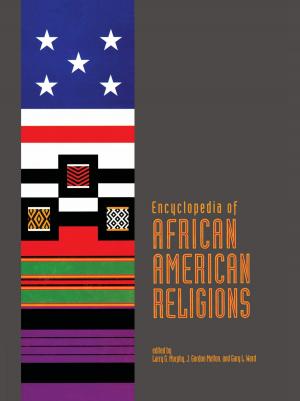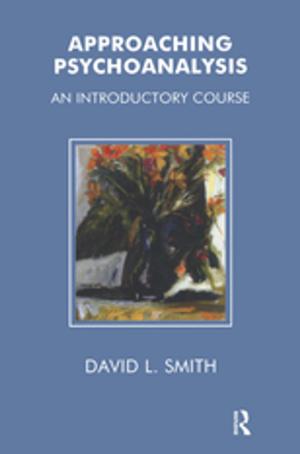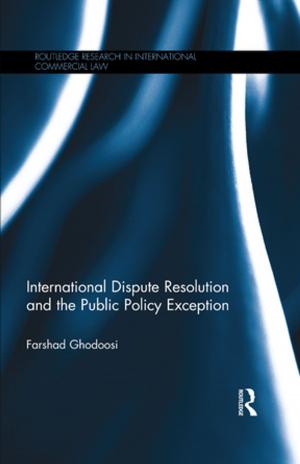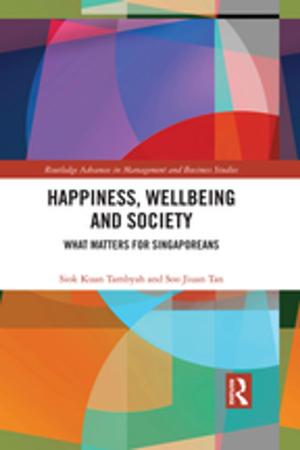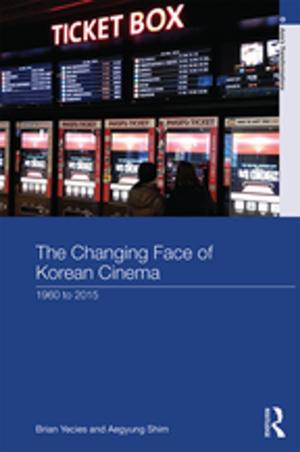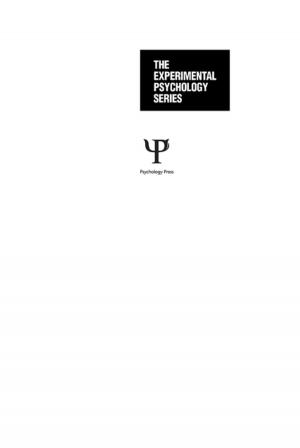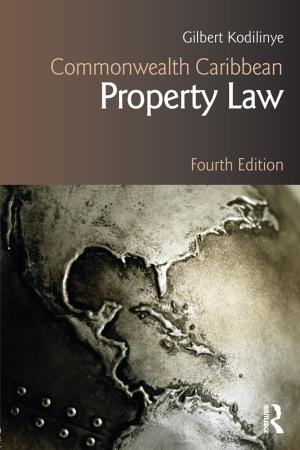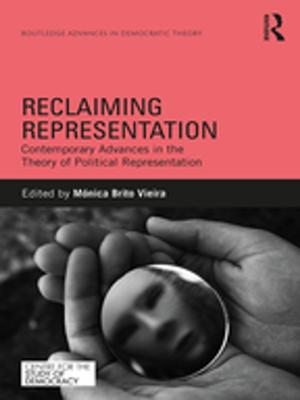The Thriller and Northern Ireland since 1969
Utterly Resigned Terror
Fiction & Literature, Literary Theory & Criticism| Author: | Aaron Kelly | ISBN: | 9781351881111 |
| Publisher: | Taylor and Francis | Publication: | March 2, 2017 |
| Imprint: | Routledge | Language: | English |
| Author: | Aaron Kelly |
| ISBN: | 9781351881111 |
| Publisher: | Taylor and Francis |
| Publication: | March 2, 2017 |
| Imprint: | Routledge |
| Language: | English |
For the past 30 years, the so-called 'Troubles' thriller has been the dominant fictional mode for representing Northern Ireland, leading to the charge that the crudity of this popular genre appropriately reflects the social degradation of the North. Aaron Kelly challenges both these judgments, showing that the historical questions raised by setting a thriller in Northern Ireland disrupt the conventions of the crime novel and allow for a new understanding of both the genre and the country. Two essays on crime fiction by Walter Benjamin and Berthold Brecht appear here for the first time in English translation. By demonstrating the relevance of these theorists as well as other key European thinkers such as Antonio Gramsci, Louis Althusser, and Slavoj Zizek to his interdisciplinary study of Irish culture and the crime novel, Kelly refutes the idea that Northern Ireland is a stagnate anomaly that has been bypassed by European history and remained impervious to cultural transformation. On the contrary, Kelly's examination of authors such as Jack Higgins, Tom Clancy, Gerald Seymour, Colin Bateman, and Eoin McNamee shows that profound historical change and complexity have characterized both Northern Ireland and the thriller form.
For the past 30 years, the so-called 'Troubles' thriller has been the dominant fictional mode for representing Northern Ireland, leading to the charge that the crudity of this popular genre appropriately reflects the social degradation of the North. Aaron Kelly challenges both these judgments, showing that the historical questions raised by setting a thriller in Northern Ireland disrupt the conventions of the crime novel and allow for a new understanding of both the genre and the country. Two essays on crime fiction by Walter Benjamin and Berthold Brecht appear here for the first time in English translation. By demonstrating the relevance of these theorists as well as other key European thinkers such as Antonio Gramsci, Louis Althusser, and Slavoj Zizek to his interdisciplinary study of Irish culture and the crime novel, Kelly refutes the idea that Northern Ireland is a stagnate anomaly that has been bypassed by European history and remained impervious to cultural transformation. On the contrary, Kelly's examination of authors such as Jack Higgins, Tom Clancy, Gerald Seymour, Colin Bateman, and Eoin McNamee shows that profound historical change and complexity have characterized both Northern Ireland and the thriller form.

